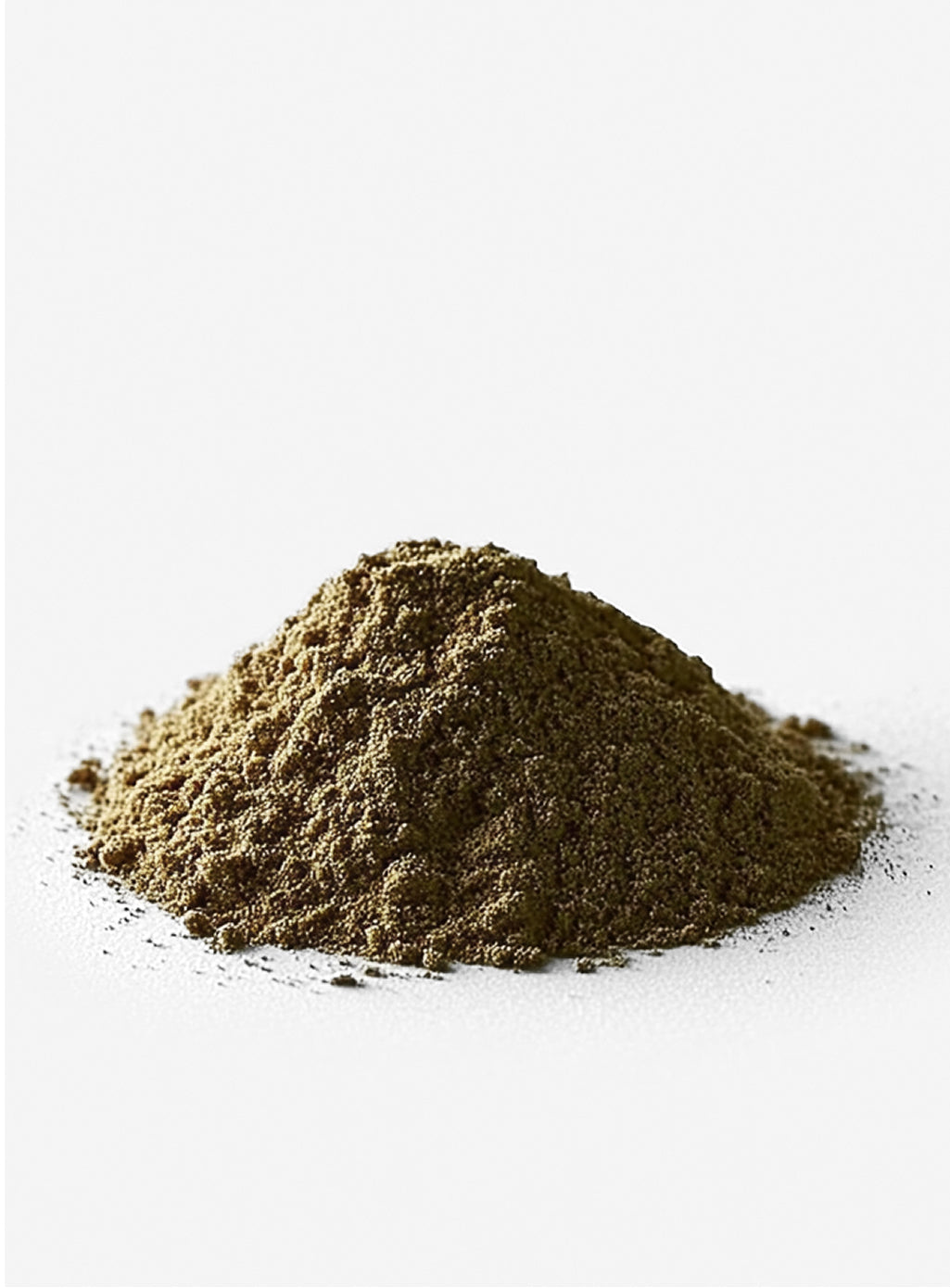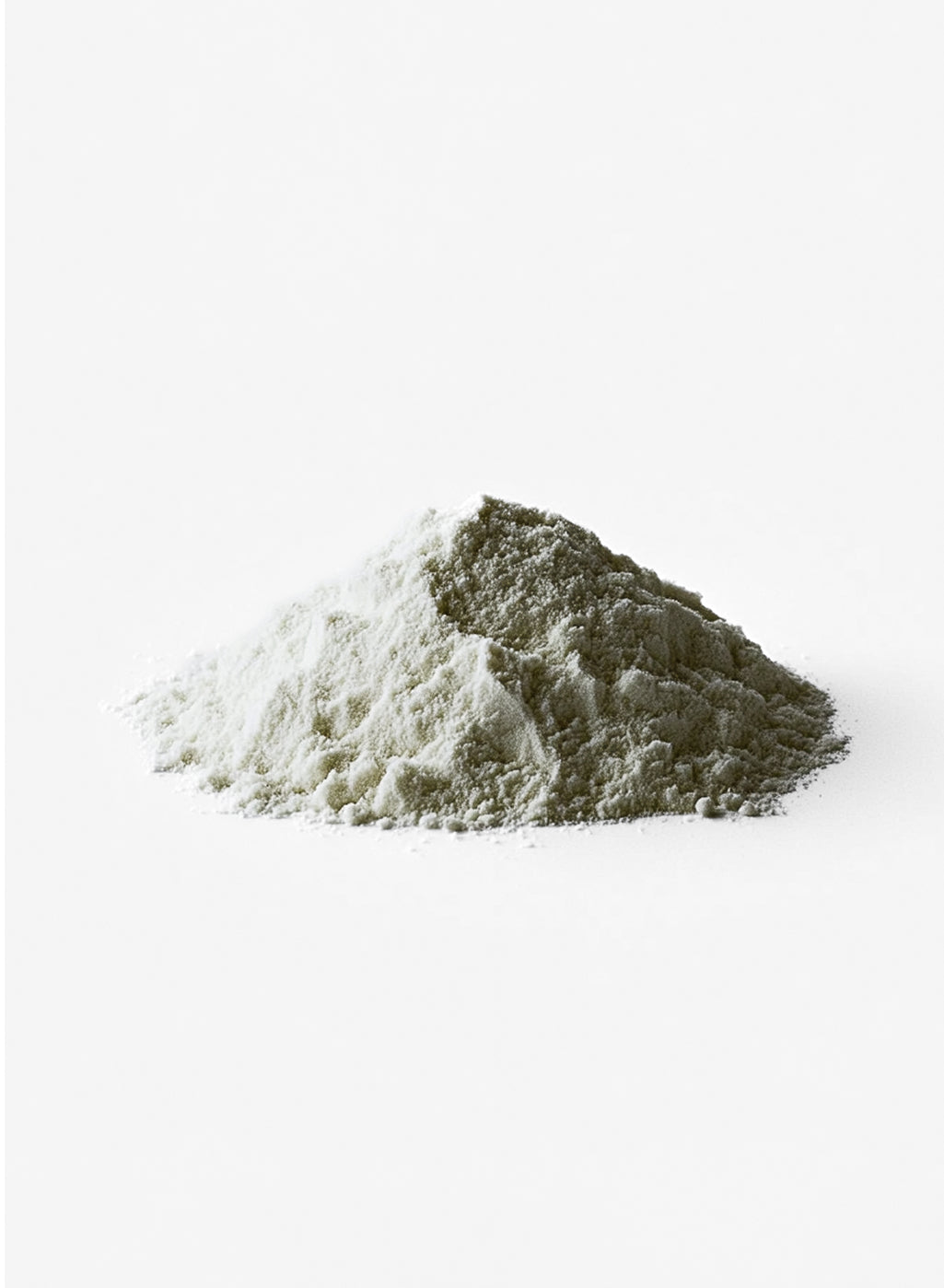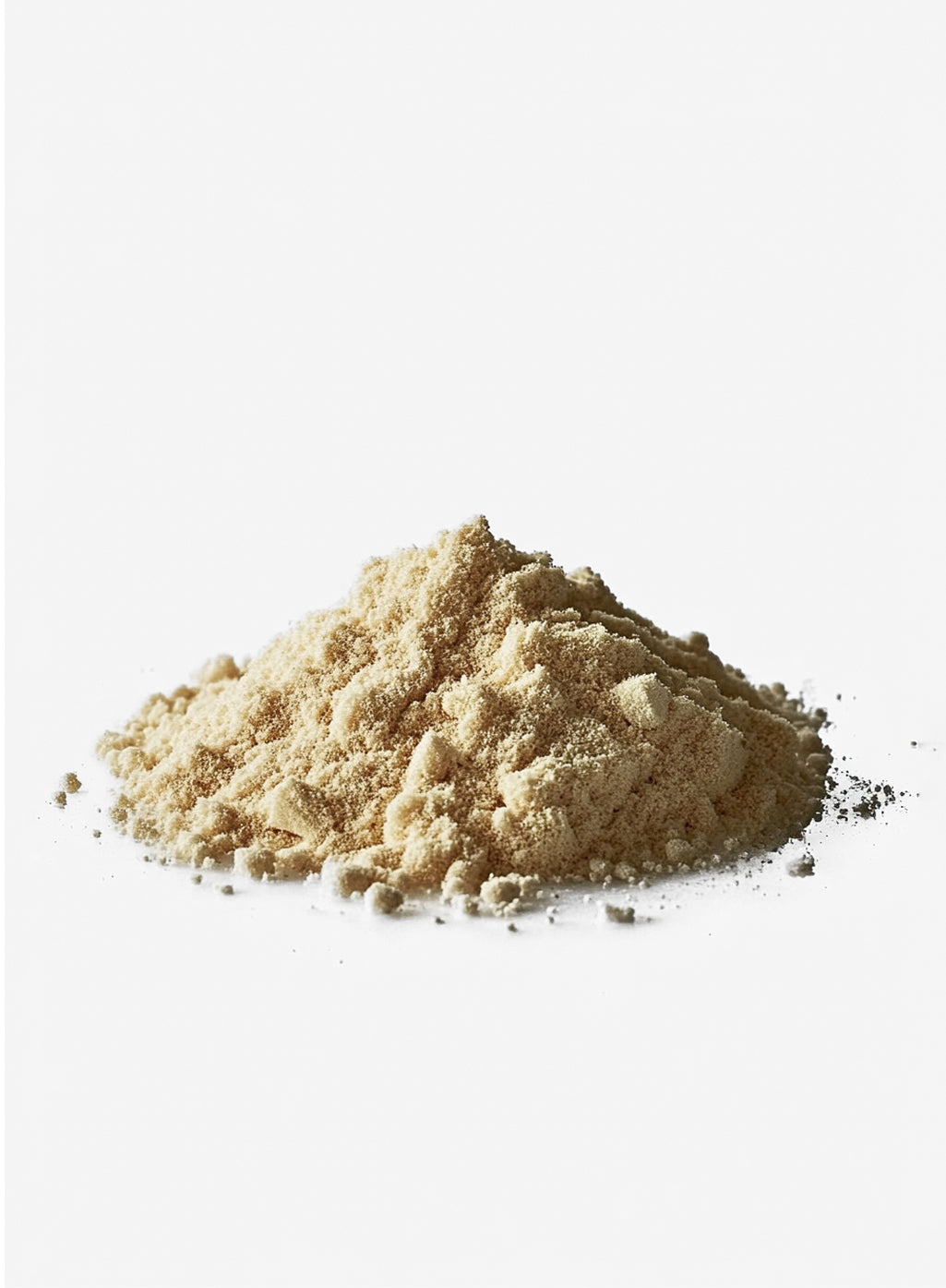
More than 150 benefits
scientifically proven

Energy and vitality
Digestive health and bloating
Stress and anxiety
Mental performance and memory
Hair, skin and nails
Sleep quality
Hormonal activity
Immunity system
Physical and mental well-being
Psychological and cognitive function
Muscles and bones
Vision
Recommended by nutritionists and doctors
“While many products focus on a single effect, Pleto thinks in terms of synergies. As a nutritionist, I help people connect nutrition, movement, and inner balance – and this very interplay reflects Pleto’s philosophy: holistic and effective from within.”
“Pleto supplies the body with essential micronutrients and bioactive compounds – precisely formulated to strengthen its systems and promote inner balance.”
“What matters is not only what we eat, but what our cells can actually absorb. Pleto was developed for exactly that – high-quality and bioavailable.”
“Many illnesses can be prevented years in advance if your body is properly nourished, detoxified, and kept in balance. Pleto accompanies and supports you on this preventive journey.”
As complete as it is
easy to take
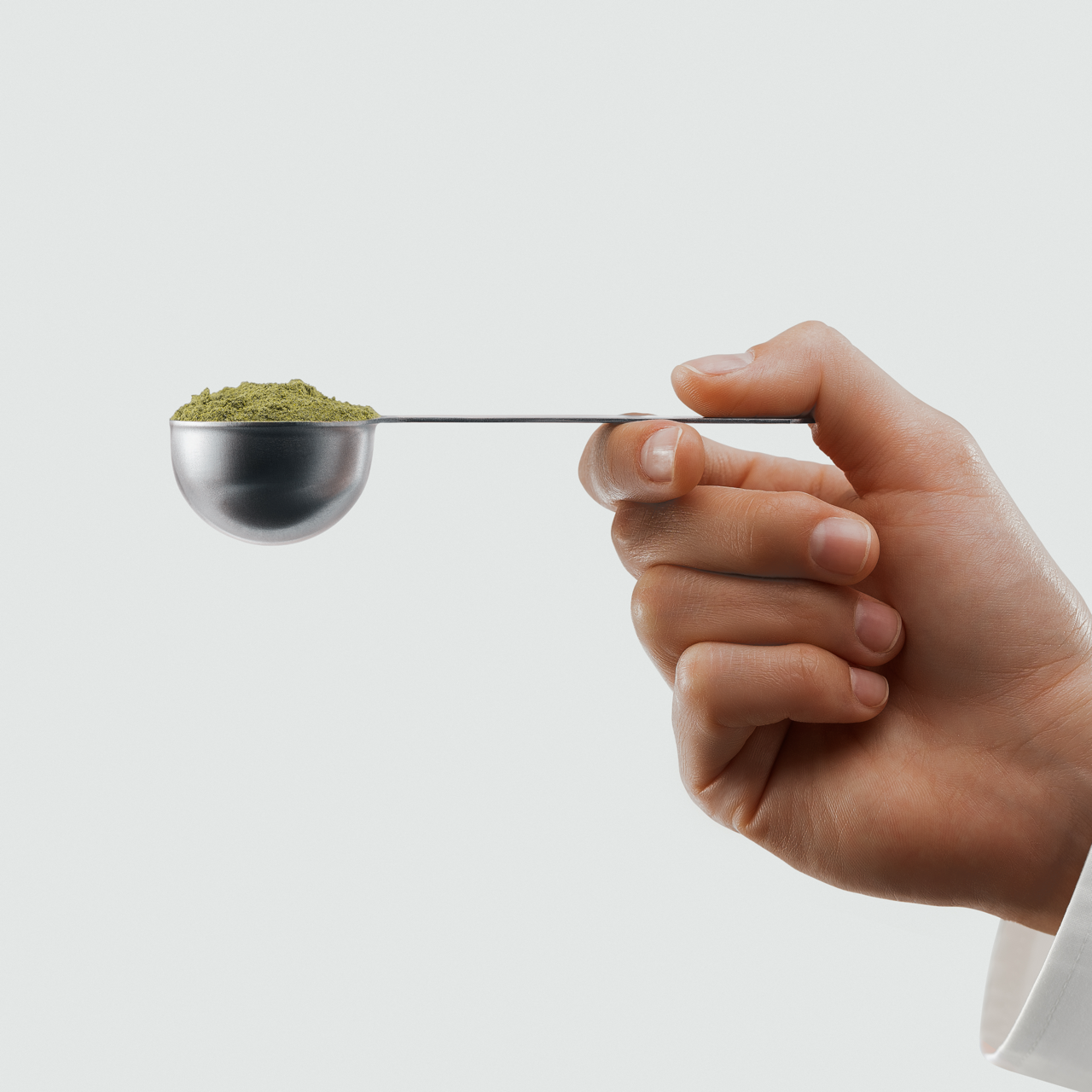
Fill the measuring scoop.

Mix it with 250-350 ml of water.

Shake it up and enjoy Pleto.

Fill the measuring scoop.

Mix it with 250-350 ml of water.

Shake it up and enjoy Pleto.
Formula made up of 92 high-quality nutrients and ingredients

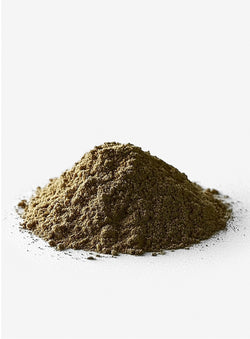


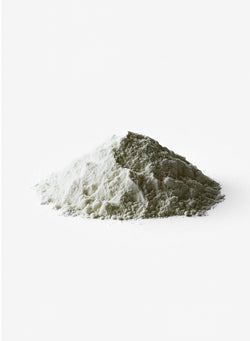



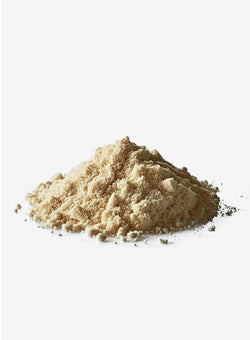



Do you have questions?
We have answers
If you have any condition that you believe may be incompatible with Pleto, we recommend consulting your physician. Not recommended for children, pregnant women, or nursing mothers.
Legal Disclaimer: Dietary supplements should not be used as a substitute for a balanced and varied diet and a healthy lifestyle. Keep out of reach of young children. Do not exceed the expressly recommended daily dose. Intended only for the adult population, except pregnant and lactating women. This dietary supplement should not be consumed on the same day as other dietary supplements containing astaxanthin esters. It should not be consumed by infants or children under 3 years old. In case of pregnancy or lactation, consult a healthcare professional before consuming any dietary supplement.
Even though some of our ingredients are not organic, all our raw materials have undergone the most rigorous quality controls and are certified, complying with regulations regarding contaminants, pesticides, microbiology, GMOs, TSE/BSE, among others.
Additionally, the taste of Pleto significantly surpasses that of the leading alternatives available on the market today.
Finally, at Pleto, we only utilize the highest quality and most bioavailable ingredients possible. Several years of research and scientific development have been dedicated to making Pleto a reality, always staying at the forefront of the latest scientific advancements.
There are many benefits of Pleto that you may notice, such as improvements in immune system function, stress management, daily energy levels, digestive health, healthy hair and skin, among others. You may not notice some other benefits, but this does not mean you do not have them (your body and health will appreciate them), including cardiovascular health, cellular protection, hormonal activity, metabolism, antioxidants, etc.
To maximize the benefits of Pleto, it is important to take it on a daily basis and consistently, following the dosage recommendations. A minimum consumption of 3 months is recommended in order to experience most of its benefits. Afterwards, continued use is advised if you wish to maintain them. Additionally, maintaining a healthy lifestyle overall, including a balanced diet, regular exercise, and adequate rest, can enhance its positive effects.
Subscribing ensures that you always have Pleto available. You can pause, reschedule, or cancel your subscription whenever you like from your customer portal: account.pletoscienece.com. Additionally, it saves you money.
Regardless of the payment method, we guarantee a process with maximum security.
We strive to ensure the highest quality and safety of the ingredients through rigorous analysis, certifications, and the strictest production standards, while always maintaining traceability of the raw materials.









